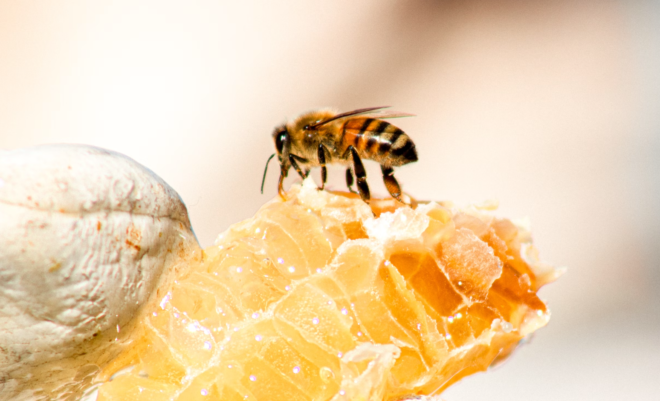Is eating honeycomb good for you?
Have you ever wondered if it’s safe to eat honeycomb? With the rise of urban beekeepers, many people are curious about the potential dangers and health benefits of consuming honeycomb. While commercial honey is often pasteurized, which kills off beneficial enzymes, honeycomb is a natural product that contains raw honey and beeswax. But is it safe to eat?
Some experts believe that honeycomb can actually be good for you. Beekeeping specialist Yossi Oud from Bees for Peace in Israel claims that beeswax is beneficial for teeth and throat health when consumed with natural honey. Studies have supported these claims, showing that bee-derived products like honeycomb have healing properties and high levels of bioactive compounds.
Recent research from Egypt even suggests that beeswax can have positive effects on livestock. Sheep fed beeswax as part of their diet showed improved health outcomes and reduced carbon emissions. These findings highlight the potential benefits of incorporating beeswax into farming practices.
While there may be concerns about pesticide residues in honey and beeswax, particularly from chemicals like flumethrin, consumers can look for organic options to reduce potential exposure to toxins. Additionally, natural remedies like chamomile tea and honey can be used to treat mites in beehives without the use of harmful chemicals.
Overall, eating honeycomb may have various health benefits, including antimicrobial effects, cholesterol reduction, and ulcer prevention. Beeswax can also be used for other purposes, such as making natural sunscreen, wood polish, and candles. So next time you come across honeycomb, don’t be afraid to give it a try!






